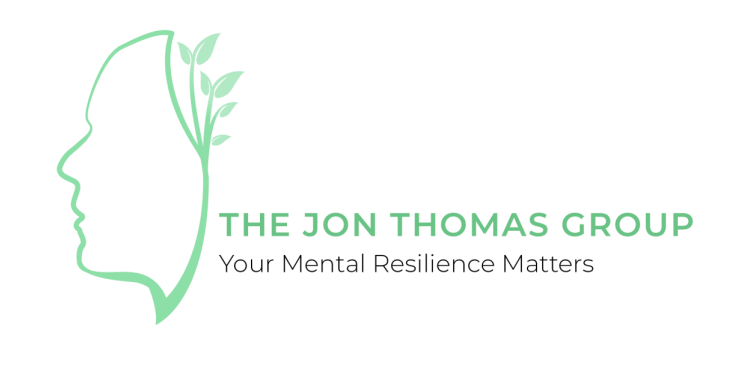
The Importance of Supporting the Mental Health Wellness of Black Men in the Workplace
In recent years, there has been a growing realization about the importance of mental health in the workplace. However, it is essential to focus not only on mental health as a whole but also on specific groups that may face unique challenges. Black men, in particular, bear the weight of systemic racial disparities, which can negatively impact their mental well-being. Therefore, it is crucial for employers and colleagues to prioritize the mental health wellness of Black men in the workplace.
Here are five practical and actionable tips to foster a supportive environment for their mental health.
1. Create an Inclusive and Equitable Environment:
Research and studies consistently highlight the adverse effects of racism on mental health. By creating a workplace environment that is inclusive and equitable, employers and colleagues can significantly mitigate these effects. This can be done by ensuring equal opportunities for advancement, fair treatment, and a zero-tolerance policy for discrimination. Encouraging diverse representation and perspectives within the organization can also contribute to an inclusive environment that supports the mental health of Black men.
A real-life example of this can be seen in the tech industry. Companies like Google and Microsoft have introduced initiatives to increase representation of underrepresented groups. By promoting diversity and inclusivity, they are providing a supportive space for Black men and helping to improve their mental well-being.
2. Provide Mental Health Resources and Support:
Employers should strive to offer comprehensive mental health resources and support to their employees, with a particular focus on the unique experiences of Black men. This can include access to therapy services with counselors who are trained in addressing racial trauma and microaggressions. Employers can also consider providing flexible work hours to accommodate therapy appointments and mental health days.
An inspiring example of this can be found in the telecommunications industry. Verizon, for instance, has partnered with mental health organizations to launch an employee assistance program (EAP), which provides free and confidential counseling along with resources tailored to the specific needs of Black employees. This initiative demonstrates how employers can actively support Black men’s mental health.
3. Encourage Open Dialogue and Normalize Mental Health Conversations:
Breaking the stigma surrounding mental health is crucial for creating a supportive environment. Employers and colleagues should actively encourage open dialogue about mental health, making it a regular part of workplace discussions. Normalizing mental health conversations helps create a safe space where Black men feel comfortable seeking support and sharing their experiences.
A powerful example comes from the financial sector. JP Morgan Chase has implemented a Mental Health Ally training program, equipping employees with the tools to have effective conversations and be more supportive colleagues. This initiative has led to increased awareness, reduced stigma, and improved mental health well-being among employees, including Black men.

4. Recognize and Address Microaggressions:
Microaggressions, such as subtle racist remarks or acts, can accumulate over time and take a toll on mental health. Employers and colleagues should be trained to recognize and address microaggressions, creating an environment where everyone feels respected and valued. This can be achieved through workshops, diversity training, and regular conflict resolution sessions.
A powerful story demonstrates the impact of addressing microaggressions. A Black man named James experienced persistent microaggressions, which affected his mental well-being and job performance. However, after his manager facilitated an open dialogue, the team became aware of their unintentional behavior. This led to increased empathy, decreased microaggressions, and a more supportive environment, allowing James to thrive.
5. Foster Employee Resource Groups:
Employee resource groups (ERGs) are invaluable platforms for connecting employees with shared experiences and creating communities of support. Establishing ERGs specifically for Black men or supporting existing groups can be an impactful step. These groups provide spaces for individuals to share their experiences, challenges, and coping strategies. They also empower Black men to take an active role in shaping company policies to improve mental health support.
An inspiring example is seen in the healthcare industry. Kaiser Permanente has established the Black Employee Association (BEA), which aims to create a community that supports the needs of Black employees, including the unique mental health concerns they may face. The BEA provides a platform for members to connect, share resources, and advocate for positive changes within the organization.
Prioritizing the mental health wellness of Black men in the workplace is about more than just implementing policies. It requires empathy, compassion, and a genuine commitment to supporting each individual. By creating an inclusive environment, providing mental health resources, encouraging dialogue, addressing microaggressions, and fostering support networks, employers and colleagues can actively contribute to improving the mental well-being of Black men in the workplace. Let us prioritize their mental health and stand together in creating a workplace that uplifts and supports everyone.
